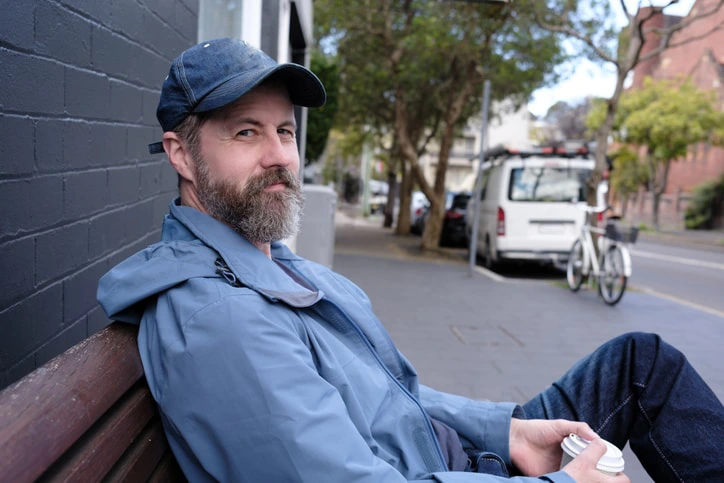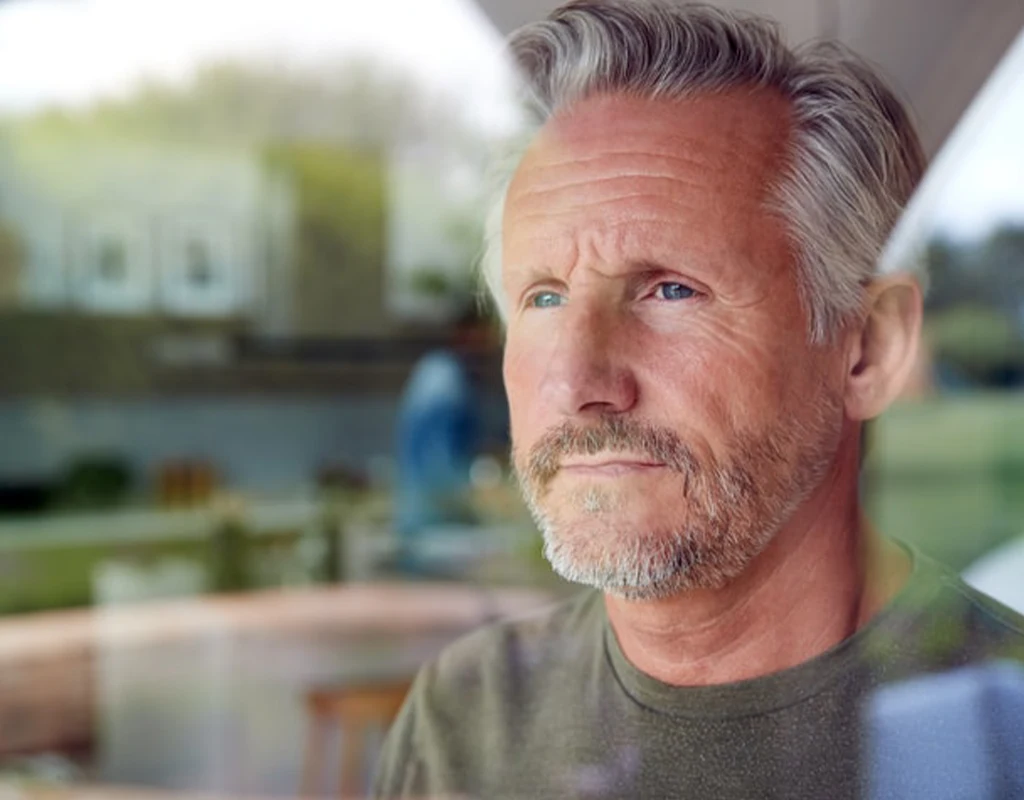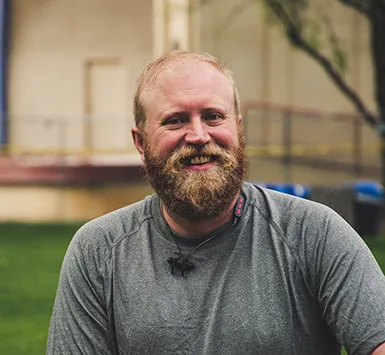Table of Contents
- What is Psychosocial Recovery Coaching?
- The Role of a Psychosocial Recovery Coach
- What is a Recovery Plan?
- Accountability and Motivation: Vision, Hope, and Control in Recovery Coaching
- Benefits of Working with a Recovery Coach
- Creating a Personalised Recovery Plan
- Checklist: Choosing the Right Recovery Coach
- The Benefits of Virtual Coaching and Telehealth Services
- Achieving Successful Recovery Outcomes
- Conclusion: Take the First Step Towards Recovery
What is Psychosocial Recovery Coaching?
Psychosocial recovery coaching, provided under the NDIS, offers essential support to individuals managing psychosocial disabilities and mental health conditions. It goes beyond conventional therapy, aiming to empower participants to live fulfilling, meaningful lives. Recovery coaching integrates mental health expertise with coaching principles, supporting individuals on their path to personal recovery through goal-setting, resilience building, and self-determination.
The Role of a Psychosocial Recovery Coach
A psychosocial recovery coach plays a pivotal role in enabling individuals to regain control of their lives. Their responsibilities include:
Developing personalised recovery plans that reflect both long-term aspirations and day-to-day needs.
Navigating the complexities of the NDIS system, ensuring participants access the right supports and services.
Providing ongoing emotional and practical support throughout the recovery journey.
Building community connections that foster social engagement and independence.
What is a Recovery Plan?
A recovery plan is a personalised roadmap designed to guide individuals toward their goals and improve their quality of life. It supports participants in managing mental health and psychosocial disability challenges while encouraging personal growth and independence.
Key Elements of a Recovery Plan:
Goal Setting: Outlines both short-term and long-term goals tailored to the individual’s aspirations.
Adaptability and Flexibility: Accounts for fluctuations in mental health, allowing the plan to evolve over time.
Strategies for Managing Mental Health: Identifies coping mechanisms to maintain stability and resilience.
Collaboration with Other Services: Coordinates with clinical professionals, NDIS services, and informal supports.
Monitoring Progress: Includes regular check-ins with the coach to adjust goals and strategies as needed.
The recovery plan serves as a structured yet flexible guide that empowers individuals to take ownership of their journey. By fostering resilience and purpose, the plan helps participants build a life that aligns with their values and aspirations. The coach plays a key role in supporting the participant to develop and implement this plan, ensuring it remains relevant throughout the recovery journey.
Accountability and Motivation: Vision, Hope, and Control in Recovery Coaching
A key element of recovery coaching is its focus on building personal vision, fostering hope, and encouraging accountability. Recovery is a deeply personal journey, and coaches help individuals shape a positive outlook on their future. With the right support, participants generate hope, gain control, and take ownership of their recovery goals.
This collaborative approach ensures that individuals stay motivated throughout the process. Recovery coaches encourage participants to reflect on their experiences and explore new possibilities, empowering them to embrace a life of independence and purpose.

Benefits of Working with a Recovery Coach
Recovery coaching offers a range of benefits tailored to each individual’s circumstances:
Navigating NDIS and Mental Health Systems: Coaches streamline interactions with the NDIS, helping individuals use their funding effectively.
Fostering Independence: Through personalised coaching, participants develop essential skills to take control of their recovery journey.
Emotional Support and Coping Strategies: Coaches provide guidance during challenging times, empowering individuals to manage fluctuations in mental health.
Building Social Connections: Recovery coaches help individuals engage with their communities, fostering meaningful relationships and participation in activities.
Creating a Personalised Recovery Plan
A key element of recovery coaching is the development of a recovery plan tailored to the individual’s goals, values, and needs. This plan typically includes:
Short-term and long-term goals to guide the recovery journey.
Strategies for managing mental health fluctuations, ensuring adaptability to life’s changes.
Coordination with other services and supports to provide holistic care.
These plans are flexible, evolving as individuals progress, ensuring they align with personal goals and changing needs over time.
Checklist: Choosing the Right Recovery Coach
Selecting the right coach can significantly impact recovery outcomes. Here is a checklist to help you make an informed decision:
Criteria | Questions |
|---|---|
Experience and Expertise | – Does the coach have relevant experience in mental health recovery? |
| – Do they possess any formal qualifications or lived experience that align with your needs? |
Format and Availability | – Can the coach offer online or in-person sessions, based on your preference? |
| – What are the coach’s availability and response times during critical moments? |
Approach and Compatibility | – Does the coach’s style align with your recovery goals and values? |
| – Do you feel comfortable communicating openly with the coach? |
Independence and Collaboration | – Is the coach independent, or do they have affiliations with other service providers? |
| – Are they willing to collaborate with other professionals supporting your recovery? (E.g. a support coordinator) |
This checklist ensures that you choose a coach whose qualifications, availability, and approach resonate with your goals. Establishing a strong connection with your coach from the outset can significantly enhance the success of your recovery journey.
The Benefits of Virtual Coaching and Telehealth Services

One of the unique advantages of recovery coaching is its accessibility through virtual services. Online and telehealth coaching allows participants to engage with their coach from the comfort of their home, removing barriers related to location or travel.
Telehealth services are ideal for individuals seeking greater flexibility. Whether you prefer video calls, phone sessions, or online chats, recovery coaches can provide effective support through these channels. Virtual coaching ensures you receive personalised care without the hassle of travel or waiting for in-person appointments.
Goal Coach offers telehealth options across Australia, making expert coaching accessible to participants in any location, including remote areas. Our virtual services also enhance safety, reducing the risk of illness exposure and supporting mental well-being by allowing participants to engage in a familiar environment.
Achieving Successful Recovery Outcomes
The ultimate goal of psychosocial recovery coaches is to empower individuals to live independent, fulfilling lives. Through personalised support, individuals gain resilience, manage mental health challenges, and build meaningful relationships. Recovery coaches are not just service providers; they are partners in a transformative journey, helping participants unlock their potential and achieve their NDIS goals.

Conclusion: Take the First Step Towards Recovery
Recovery coaching provides the tools and support needed to navigate mental health challenges and achieve personal growth. Whether you are new to recovery coaching or looking to take the next step in your journey, Goal Coach’s expert team is ready to help.
Book a free 15-minute consultation today and explore how our recovery coaches can support you in creating a personalised plan for success. Let us partner with you on your journey towards a fulfilling and independent life.










